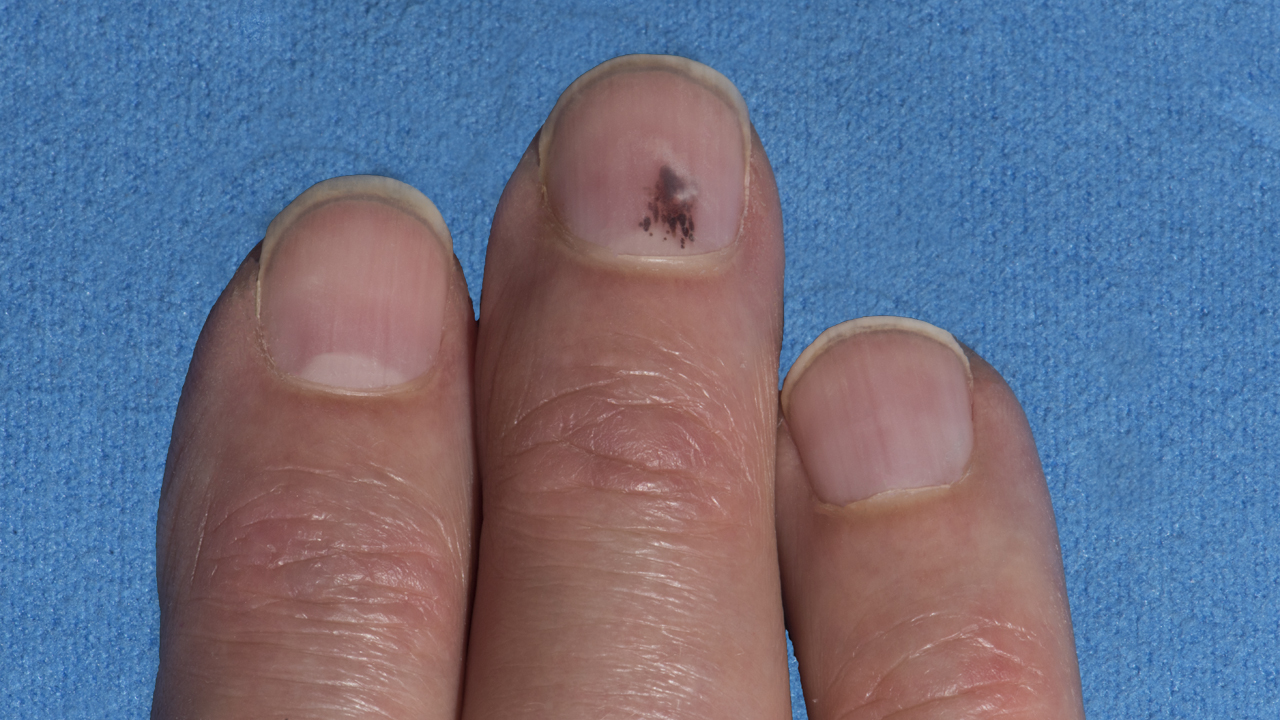An exciting breakthrough in cancer research was announced this week. University of California-Los Angeles (UCLA) researchers working with mice blood stem cells proved the cells could be engineered to produce cancer killing T-cells that seek out and attack human melanoma cancer.
The researchers believe this approach could be useful in 40 percent of Caucasians, those who are at greater risk of developing this cancer.
The study serves as first proof-of-principle that blood stem cells, which make every cell type found in blood, can be genetically altered in a living organism to create an army of melanoma-fighting T-cells, said Jerome Zack, a professor of medicine and microbiology, immunology, and molecular genetics in Life Sciences and the study’s senior author and a scientist with UCLA’s Jonsson Comprehensive Cancer Center.
“We knew from previous studies that we could generate engineered T-cells, but the question was, 'would they work to fight cancer in a relevant model of human disease, such as melanoma?'” said Zack in a written statement. “We found with this study that they do work in a human model to fight cancer, and it’s pretty exciting.”
For the study, the researchers used a T-cell receptor from a cancer patient cloned to seek out an antigen — a foreign molecule introduced into the body that triggers the production of an antibody by the immune system — which in this case, is produced by melanoma.
Dimitrios N. Vatakis, the study's first author and an assistant researcher in Zack’s lab, says the UCLA team then genetically engineered the human blood stem cells by importing genes for the T-cell receptor into the stem cell nucleus using a virus to deliver the goods.
Once in the targeted cells, the genes integrate with the cell DNA and are permanently incorporated into the blood stem cells, in theory, enabling them to produce melanoma-fighting cells indefinitely and when needed.
“The nice thing about this approach is a few engineered stem cells can turn into an army of T-cells that will respond to the presence of this melanoma antigen,” he said. “These cells can exist in the periphery of the blood and if they detect the melanoma antigen, they can replicate to fight the cancer.”
The engineered blood stem cells were placed into human thymus tissue that had been implanted in the mice, allowing Zack and his team to study the human immune system reaction to melanoma in a living organism. Over six weeks, the engineered blood stem cells developed into a large population of mature, melanoma-specific T-cells that were able to target the right cancer cells.
Nine mice were then implanted with two types of melanoma, one that expressed the antigen complex that attracts the engineered T-cells and one tumor that did not.The engineered cells specifically went after the antigen-expressing melanoma, leaving the control tumor alone, Zack said. In the four mice, the antigen-expressing melanomas were completely eliminated and in the other five mice the melanomas decreased in size.
The scientists not only assessed the physical tumor size, but by monitoring the cancer’s metabolic activity using Positron Emission Tomography (PET), which measures how much energy the cancer is “eating” to drive its growth.
Melanoma is the deadliest form of skin cancer. In the United States more than 1 million people are diagnosed with melanoma each year. While melanoma has, in the past, been a cancer mostly seen in older adults, the National Cancer Institute (NCI) reports a growing number of younger people, ages 20-40, are now being diagnosed. In the past 15 years, the number of diagnosed cases has almost doubled.
If caught early, some forms of melanoma can be cured, according to the NCI. Protecting your skin and eyes from moderate to excessive sun exposure is the best way to prevent skin cancer.
The scientists believe engineering T-cells has intriguing implications for others cancer types as well,including breast and prostate cancers. But there is a catch: T-cells can be engineered to fight disease, but their function is short-lived in most cases. More engineered T-cells are ultimately needed to sustain a response, Zack says.
“This approach engineers the cells that give rise to the T-cells, so 'fresh' cancer-killing cells could be generated when needed, perhaps protecting against cancer recurrence later.”
The team would like to test this approach in clinical trials. One possible approach would be to engineer both the peripheral T-cells and the blood stem cells that give rise to T-cells. The peripheral T-cells would serve as the front line cancer fighters, while the blood stem cells are creating a second wave of warriors to take up the battle as the front line T-cells are losing function.
The study appears Nov. 28, 2011 in the early online edition of the peer-reviewed journal Proceedings of the National Academy of Sciences .
The four-year study was funded in part by the National Institutes of Health, the California Institute for Regenerative Medicine, Caltech-UCLA Joint Center for Translational Medicine, UCLA Center for AIDS Research and the UCLA AIDS Institute.
Lynette Summerill, an award-winning writer and scuba enthusiast lives in San Diego, CA with her husband and two beach loving dogs. In addition to writing about cancer-related issues for EmpowHER, her work has been seen in newspapers and magazines around the world.
Sources:
What you need to know about Melanoma and other skin cancers. NCI Fact Sheet. Accessed online 29 November 2011 at: http://www.cancer.gov/cancertopics/wyntk/skin
UCLA Media Release. UCLA Scientists prove blood stem cells can be engineered. 28 Nov. 2011. Kim Irwin. More information at: http://www.cancer.ucla.edu
Reviewed December 1, 2011
by Michele Blacksberg RN
Edited by Jody Smith






Add a Comment1 Comments
Years ago I had heard about this with the charged T-cells blasting and disolving cancer cells.
December 2, 2011 - 12:50pmThis Comment